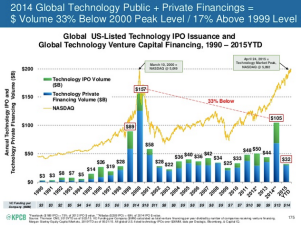 Practice makes perfect. Who hasn’t been told that at some point in their life? But is it true?
Practice makes perfect. Who hasn’t been told that at some point in their life? But is it true?
I like Adam Grant’s take who believes that what separates the good from the great is the willingness to try new things. You may be successful the way you are, but regardless of whether you are a company or an individual if you follow the same thing, the same routine, the same strategy over and over again you are more or less standing still, it means you are not growing.
Especially today where our world is changing at an incredible speed we need to have the willingness to experiment. To experiment with what you already know, and to experiment beyond that.
As Adam Grant said in a recent interview with GQ:
“..I would love to see every individual, every group try at least one experiment every week. Whether that’s shifting the structure of your meetings, or rotating around the leader for that decision—you can make a long list of what kind of experiments might be relevant. But to me, that’s kind of the big lesson of organizational psychology: the people who are willing to try new things beat the ones who don’t.”
How can you break your silos of your own built routines and start to experiment?
(Photo Credit: Harry Waisman Lab)
